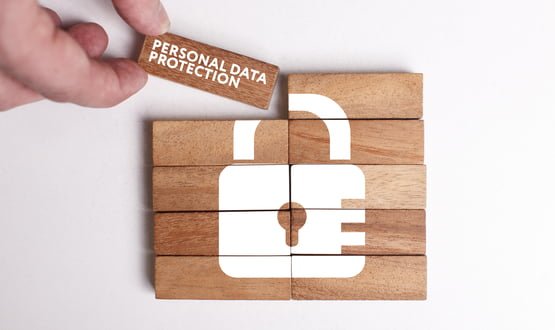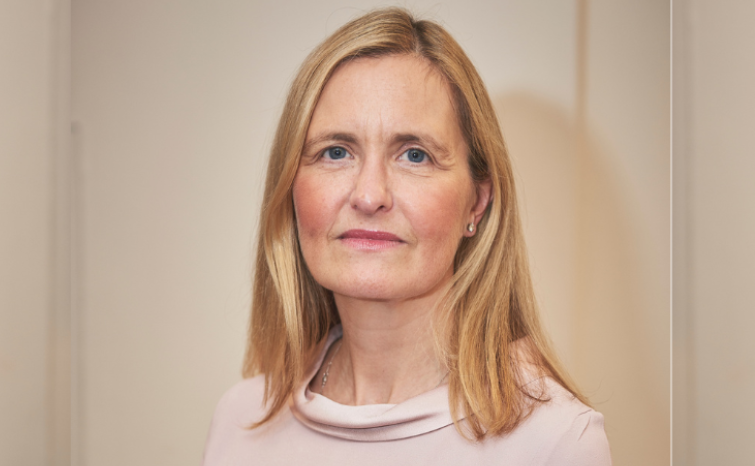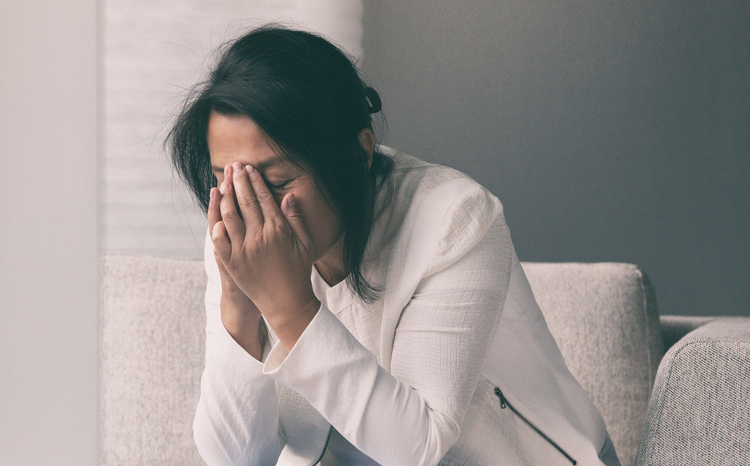Amazon Alexa partnership puts patient data ‘at risk’

A new partnership between the NHS and Amazon Alexa lacks a “concerning” amount of information around data protection, patient confidentiality and safety, it has been said.
The partnership, announced today, allows users to ask for health advice from verified NHS sources using their Alexa device with NHSX confirming in a tweet that the health service is not “paying Amazon a penny”.
While some within the NHS welcomed the news, others have raised concerns around patient safety and data protection.
We welcome the partnership with Alexa, and we want other companies large and small to work with us to help people access high quality healthcare information by voice.
This approach means that the trusted, medically verified NHS website becomes the default source of information.
— Transforming health and care (@NHSTransform) July 10, 2019
A lack of detail about how patient data will be used and stored makes the deal appear like a “crazy PR stunt”, according to Phil Booth, a co-ordinator at medConfidential.
Personal and health data is heavily protected under GDPR in the UK, but Amazon Alexa doesn’t comply with the same laws, Booth said.
“We know that Alexa conversations are recorded and stored indefinitely unless the person specifically deletes them,” he added.
“We know that Amazon automatically creates transcripts to those recordings and at this stage it is unclear if someone deletes the recordings whether the transcript is also deleted.
“Given that the information we are talking about would be considered sensitive personal data, it indicates mental or physical health, there are very specific and strong protection around that data in the UK through GDPR.”
Under GDPR, personal information can only be stored for a set amount of time and only for specific uses. It cannot be stored indefinitely.
“If Matt Hancock or the Department of Health have not burrowed down to this level of detail and do not have answers that will be challengeable in international courts, then this just looks like a crazy PR stunt and not a serious proposition,” Booth said.
Big Brother Watch shares similar concerns around data protection, labelling the partnership a “data protection disaster waiting to happen”.
“This scheme will likely result in people being profiled and targeted by data brokers based on their deeply personal health concerns,” a spokesman said.
“Healthcare is made inaccessible when trust and privacy is stripped away, and that’s what this terrible plan would do. It’s a data protection disaster waiting to happen.”
Amazon told the Times that it did not share information with third parties, or build a profile on customers.
The Royal College of GPs welcomed the use of voice-assisted technology, but warned independent research is needed to ensure safe advice is provided.
“NHS Choices is already one of the most reliable online sources for health advice, symptom and treatment information, and many people are familiar with voice-assisted technology and feel comfortable using it,” Professor Helen Stokes-Lampard, chair of the college, said.
“However, it is vital that independent research is done to ensure that the advice given is safe, otherwise it could prevent people seeking proper medical help and create even more pressure on our overstretched GP service.”
She cautioned many patients may not be able to afford expensive technology, or may not be comfortable using it, which could widen health inequalities and make access to care harder for vulnerable patients.
[themify_box icon=”info” color=”gray”]
Amazon Alexa partnership in brief
People will be able to get expert health advice using Amazon Alexa services under a partnership with the NHS.
It’s hoped the world-first collaboration will empower people to take greater control of their health and care.
Through simply asking Alexa questions about symptoms or treatments, the technology can provide qualified advice from, NHS sources, to users in the comfort of their own homes.
Amazon’s algorithms trawl information on NHS websites to provide answers to questions like: “How do I treat a migraine?”, “What are the symptoms of flu?” and “What are the symptoms of chickenpox?”.
By providing better access to advice on common illnesses, particularly for elderly or blind patients who are unable to access the internet on a smartphone or computer, it’s hoped pressure on GP services and A&E will be relieved.
[/themify_box]
Guarantees around confidentiality are also needed before people are encouraged to ask Alexa for health advice, medConfidential’s Booth added.
He warned the government not to get caught up in the “shiny objects of care” and neglect safety.
“Unless you engineer the software and device in a very particular way, you’re exposing all sorts of confidential information, not just to Amazon and whoever Amazon hires to review the voice recordings, but also within the family,” he said.
“It’s not enough to brush this question off and say ‘It’s not giving advice, it’s just providing information that’s on the site’. A query is being made, by voice, from a person with a concern about their health, we need to know what the technology is at the back end is doing.
“Voice assisted technology or screen assisted technology for people with visual impairments have been around for decades, none of which involve sharing those queries with an American multinational corporation.”
The Department of Health and Social Care has been contacted for comment.




